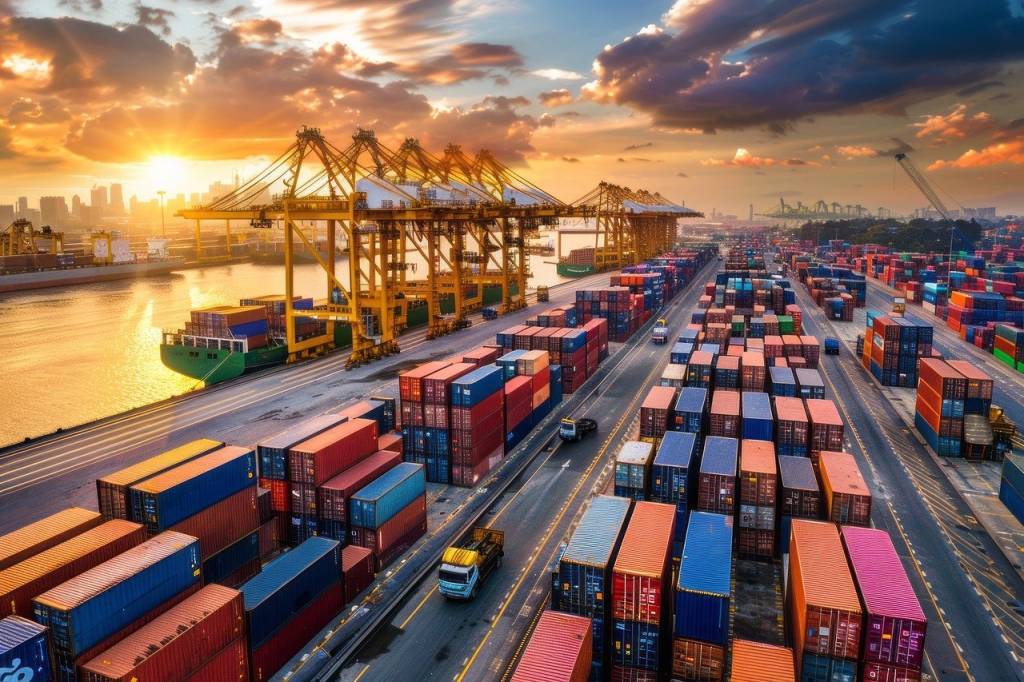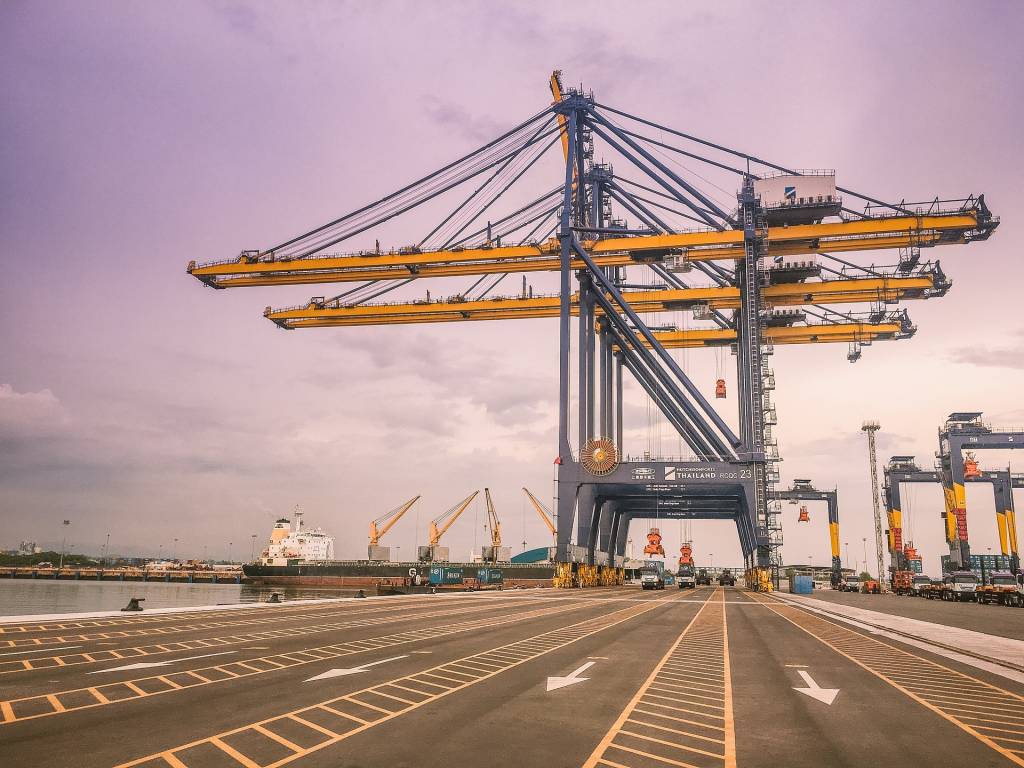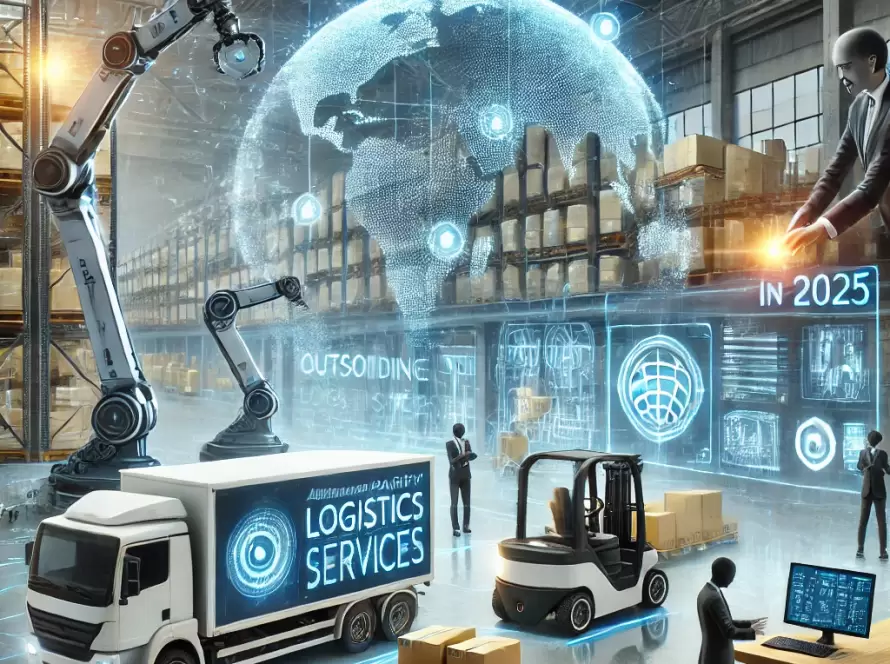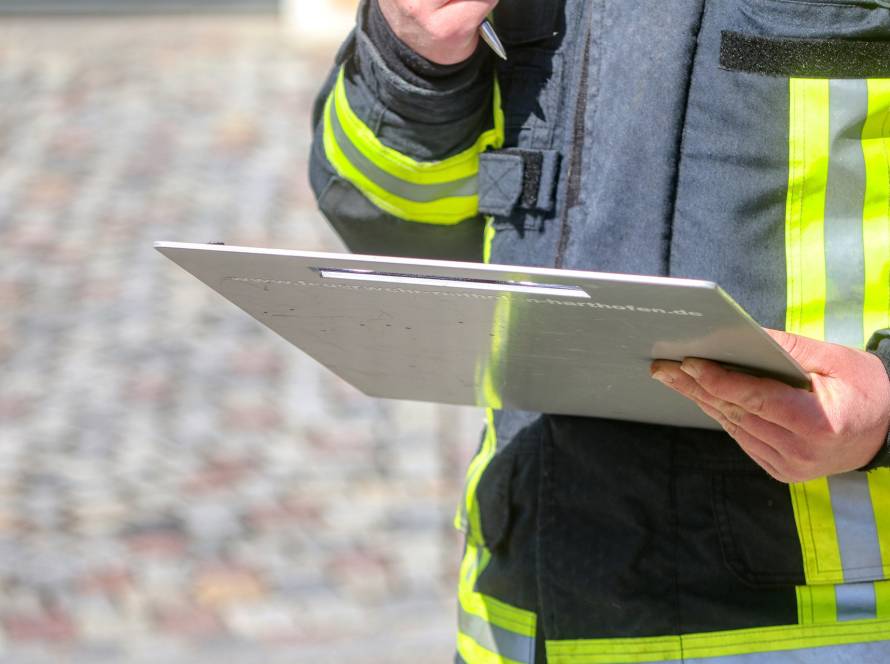Last-mile delivery, the final leg of the logistics journey from a distribution hub to the end consumer, is one of the most critical and challenging aspects of supply chain management. As customer expectations rise for faster and more convenient deliveries, companies must adopt innovative strategies to meet these demands while minimizing costs and maximizing efficiency.
1. Leveraging Advanced Technology
Technology plays a pivotal role in revolutionizing last-mile delivery. Solutions like real-time tracking and route optimization software help companies improve delivery accuracy and reduce transit times. Additionally, AI-driven predictive analytics can anticipate potential delays, enabling proactive adjustments to delivery schedules.


2. Embracing Sustainable Practices
With increasing awareness of environmental concerns, sustainability is becoming a key focus. Companies are turning to electric delivery vehicles and bike couriers in urban areas to reduce emissions. Additionally, bundling deliveries in dense areas minimizes fuel consumption and reduces the carbon footprint of last-mile logistics.
“The future of last-mile delivery lies in innovation, efficiency, and a deep commitment to meeting customer expectations—one package at a time.”
3. Micro-Fulfillment Centers
Decentralizing warehousing through micro-fulfillment centers located closer to high-demand areas significantly shortens delivery times. These smaller, strategically placed hubs ensure faster order processing and delivery while optimizing inventory management for last-mile needs.

4. Smart Lockers and Pickup Points
Smart lockers and pickup points provide convenient alternatives to home delivery, particularly in urban areas. These solutions not only reduce delivery attempts and associated costs but also offer flexibility for consumers to collect their packages at a time that suits them.
5. Crowdsourced Delivery Models
Companies like Uber and DoorDash have popularized crowdsourced delivery models, leveraging gig economy workers to handle last-mile logistics. This approach offers scalability, especially during peak periods, while maintaining flexibility and cost-effectiveness.
6. Autonomous Delivery Vehicles and Drones
Innovative solutions like autonomous delivery vehicles and drones are rapidly gaining traction. These technologies promise faster and contactless deliveries, especially in areas with challenging terrains or limited infrastructure. Though still in the early stages, they represent the future of last-mile logistics.
7. Data-Driven Personalization
Understanding consumer behavior through data analytics allows companies to tailor delivery schedules and options to individual preferences. Offering features like time-slot delivery or real-time rescheduling improves customer satisfaction and enhances delivery success rates.
8. Collaboration and Partnerships
Collaboration between logistics providers, retailers, and technology firms enables the pooling of resources and expertise. By sharing delivery networks and leveraging synergies, companies can reduce costs and improve service levels for last-mile operations.
9. Real-Time Communication and Transparency
Maintaining open lines of communication with customers through real-time updates and alerts builds trust and enhances the delivery experience. Transparency about delivery status, delays, and alternate options keeps consumers informed and satisfied.
10. Continuous Improvement and Experimentation
The last-mile delivery landscape is ever-evolving, requiring companies to remain agile and innovative. Regularly testing new technologies, gathering feedback, and refining processes ensures that businesses stay ahead of the competition and adapt to changing market dynamics.
Conclusion
Last-mile delivery is a complex and critical aspect of modern logistics that demands innovative and adaptive strategies. By embracing technology, sustainability, and customer-centric solutions, companies can overcome challenges and deliver exceptional value to their customers.
“The key to mastering last-mile delivery lies in innovation, adaptability, and a relentless focus on the customer.” – Kevin Smith, Industry Expert
As consumer expectations and market conditions evolve, the companies that invest in innovative strategies and continuously improve their last-mile processes will be the ones to lead the future of logistics.


